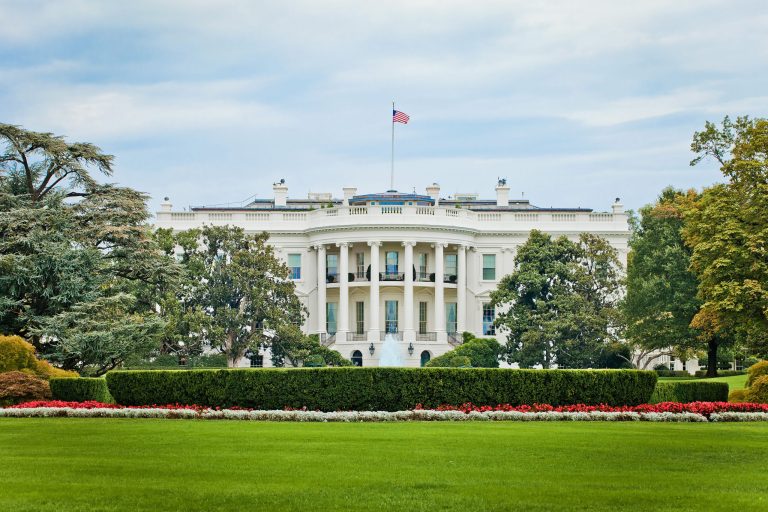In a historic move, the Biden administration announced on Tuesday plans to remove Cuba from state sponsor of terrorism list.
This decision comes just days before former President Trump begins his new term.
This significant shift aligns with Cuba’s pledge to release over 500 prisoners, laying the groundwork for a potentially positive future detente in US-Cuba relations as Trump’s inauguration looms.
These actions mark a notable turning point, indicating an opportunity for both nations to reopen diplomatic dialogue and partnership, following decades of strained relations—assuming the incoming Trump administration is open to resuming talks with Cuba.
Reversal of Trump’s restrictions on Cuba
President Biden’s proposed changes directly challenge the restrictions imposed by the Trump administration, which labeled Cuba a state sponsor of terrorism.
This designation, made toward the end of Trump’s first term, effectively halted any efforts at reconciliation.
Now, Biden seeks to shift US diplomatic relations with Cuba, drawing on strategies similar to those used during the Obama administration.
If Biden’s proposed changes are enacted, they will significantly undermine much of Trump’s restrictions, which have already worsened Cuba’s economic hardships.
The relaxation of these sanctions aims to address humanitarian concerns, particularly the island’s chronic shortages and struggling economy.
Legal changes and congressional review
In addition to removing Cuba from the terrorism blacklist, the Biden administration plans to reverse Trump’s 2017 executive order that prohibited financial transactions with certain Cuban military and government-affiliated companies.
This effort is designed to improve economic relations and provide much-needed support to Cuba’s private sector, which has long suffered under the weight of the US embargo.
However, it is essential to recognize that these changes are not guaranteed. They must undergo a review by Congress, which holds the authority to shape laws concerning US-Cuba relations.
The Congressional review process will be closely monitored, particularly with the presence of lawmakers like Senator Marco Rubio, a vocal critic of the Cuban regime, who has long supported the Cuban-American community and its stance on communism.
Intent to reengage with Havana
The decision to remove Cuba’s terrorist designation signals the Biden administration’s intent to reengage with Havana and open new channels for diplomatic dialogue.
Experts believe that resuming talks could foster conversations on critical issues such as human rights, economic reform, and regional stability.
Cuba’s decision to release over 500 prisoners complicates the situation further.
While this move signals an attempt to address internal challenges, its reception in the U.S. will largely depend on the willingness of the new administration to negotiate and the steps that follow.
The White House’s statement, lifting the terrorist label from Cuba, indicates that the Biden administration is adopting a more flexible stance.
This shift paves the way for discussions that have been stalled for years, potentially addressing fundamental issues like human rights and economic change.
The harsh rhetoric and strained relations between the Trump administration and Cuba will likely influence how these new measures are implemented and received by the incoming Trump government.
The legacy of tense US-Cuba relations remains a significant factor in the context of these changes.
Equally important will be Cuba’s response to recent developments and its promises to reform its judiciary.
How the Cuban government handles these commitments will be pivotal in shaping the future of US-Cuba relations.
As the world watches closely, the next few days could prove critical in determining the trajectory of US-Cuba ties.
With an increased willingness to engage in dialogue and collaboration, US-Cuba relations may begin to open a new chapter, one focused on cooperation rather than antagonism.
The post Biden signals policy shift on Cuba sanctions days before Trump’s inauguration appeared first on Invezz

